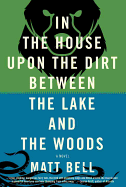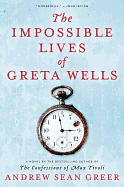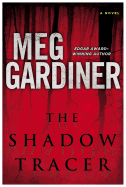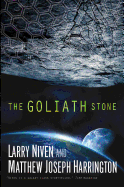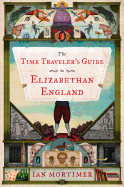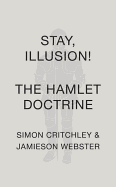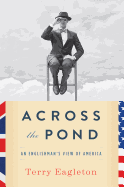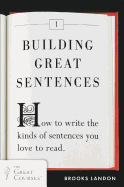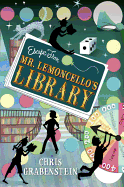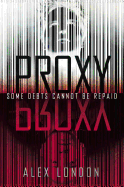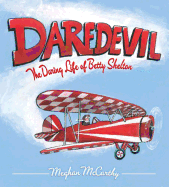 |
| photo: An-Sofie Kesteleyn |
Aifric Campbell's On the Floor (just published by Picador) is set in January 1991, on the eve of the first Gulf War, as London investment banker Geri Molloy is sent to Hong Kong to figure out her biggest client's plans for a certain piece of stock. Campbell was working at Morgan Stanley then, and remembers staring at the TV screens, waiting for each new development. "When you are trading live markets," she e-mailed recently, "all news is interpreted in terms of its impact on your bottom line. War is another variable--another risk factor, another trading opportunity." In this case, the war is a turbulent backdrop against which Geri's professional and personal lives simultaneously unravel, as her client, her employers and a reappearing ex-lover pull at her.
You spent 13 years at Morgan Stanley. How closely does Geri's experience mirror your own career?
Geri's world is completely inspired by my years in investment banking. I wanted the reader to step right onto the trading floor, to feel what's at stake when a deal is on the table, what it's like to be the "skirt amongst men." But she's a fictional character and her story is most definitely not mine (although we share a love of dogs and a taste for Absolut!).
How about the rules Geri and her friend Zanna come up with for making it as a woman in finance? Did you ever make up something like that during your time on the floor?
Geri's rulebook for Wannabee Female Bankers is a send-up of what was an overwhelmingly male corporate culture, and like all satires it contains a few home truths. In the 1980s and '90s there were very few women in finance, and the atmosphere on trading floors was often part locker room, part racetrack. A robust sense of humour and a razor-sharp wit were essential survival skills.
What was your path from investment banking to creative writing?
I've been writing since I was a kid, all through college and my time at Morgan Stanley. I wrote because I was a reader, because it has always seemed like the most natural thing to do. But my decision to seriously focus on publication didn't come until I got offered a place in the University of East Anglia Creative Writing programme in 2002. I'd had a very happy and successful career in banking and it was time to take some real risk, to see if I could do what I'd always dreamt of: write stories that people would want to read.
The M.A. programme provided a structure and a healthily competitive environment--and the chance to get read and mentored. I went on to do a Ph.D. in Critical and Creative Writing and wrote my first novel, The Semantics of Murder, about the unsolved murder of a brilliant mathematician at UCLA in 1971.
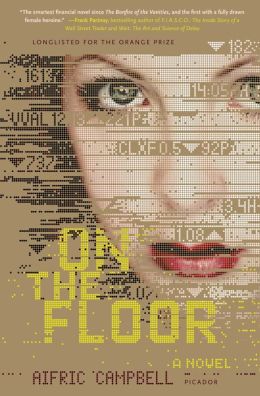 After that novel and The Loss Adjustor, what prompted you to draw upon your investment banking past for On the Floor?
After that novel and The Loss Adjustor, what prompted you to draw upon your investment banking past for On the Floor?
In fact, I started writing this book while I was on the floor at Morgan Stanley--and I worked on it during my M.A.--but it took a long time to get it right!
Yes, you've mentioned that you'd lost and found this story a few times before it was complete. Can you elaborate?
In 2007, I was at Yaddo and 50,000 words into this novel when I was "hijacked" by what I thought was the voice of a new character in the book. That voice was so insistent and so compelling that I had to put my financial novel aside and write The Loss Adjustor.
The other reason that On the Floor took a long time to finish was that is was technically challenging. I wanted to write a book insiders would find authentic that would also be accessible to readers who knew nothing about finance. So, no dumbing down or oversimplification. I was trying to capture the spirit of the era that gave us Bonfire of the Vanities, Gordon Gekko, American Psycho AND cast a long shadow of foreboding.... It was the beginning of everything that would unravel with a vengeance in 2008.
In a post-50 Shades of Grey world, any story about a wealthy man trying to psychologically dominate a younger, attractive woman faces inevitable comparisons. But you've been trying to tell this story for a lot longer--and, too, there's nothing romanticized in the portrayal of Felix. What's your take on him?
What fascinates me about Felix and Geri and the 50 Shades dust storm is Freud's old question: "What do women really want?"
Geri is a highly successful and gifted young woman who allows herself to be manipulated by all the men in her life: her boss, her ex-lover and her client. Why? This was what intrigued me about her, this was why she kept me awake at night.
The relationship between Felix and Geri is based on the complex power relationship between a salesperson and their client. Felix is her meal ticket; he is the reason for her career success. Geri is also his human experiment, his lab rat, and Felix forces her to make the decision that will shape her destiny. --Ron Hogan
Aifric Campbell: The Bottom Line
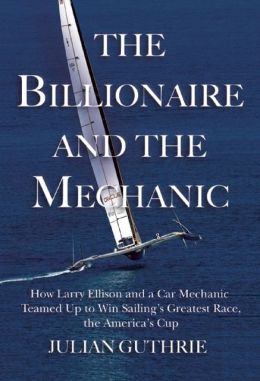




 After that novel and The Loss Adjustor, what prompted you to draw upon your investment banking past for On the Floor?
After that novel and The Loss Adjustor, what prompted you to draw upon your investment banking past for On the Floor?